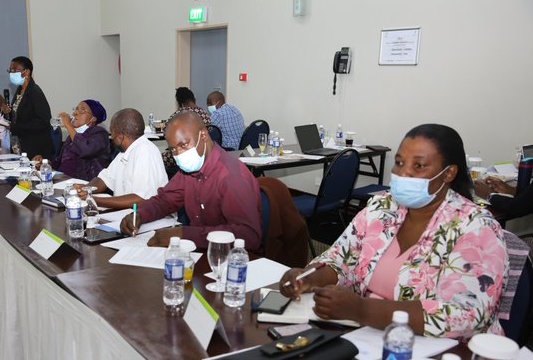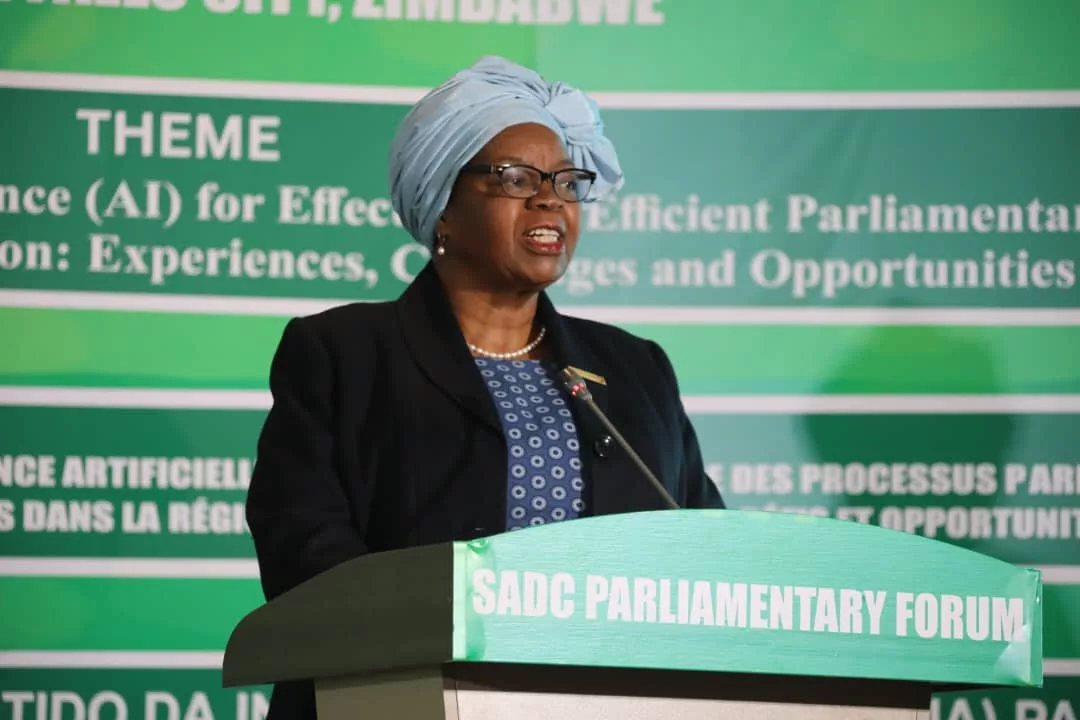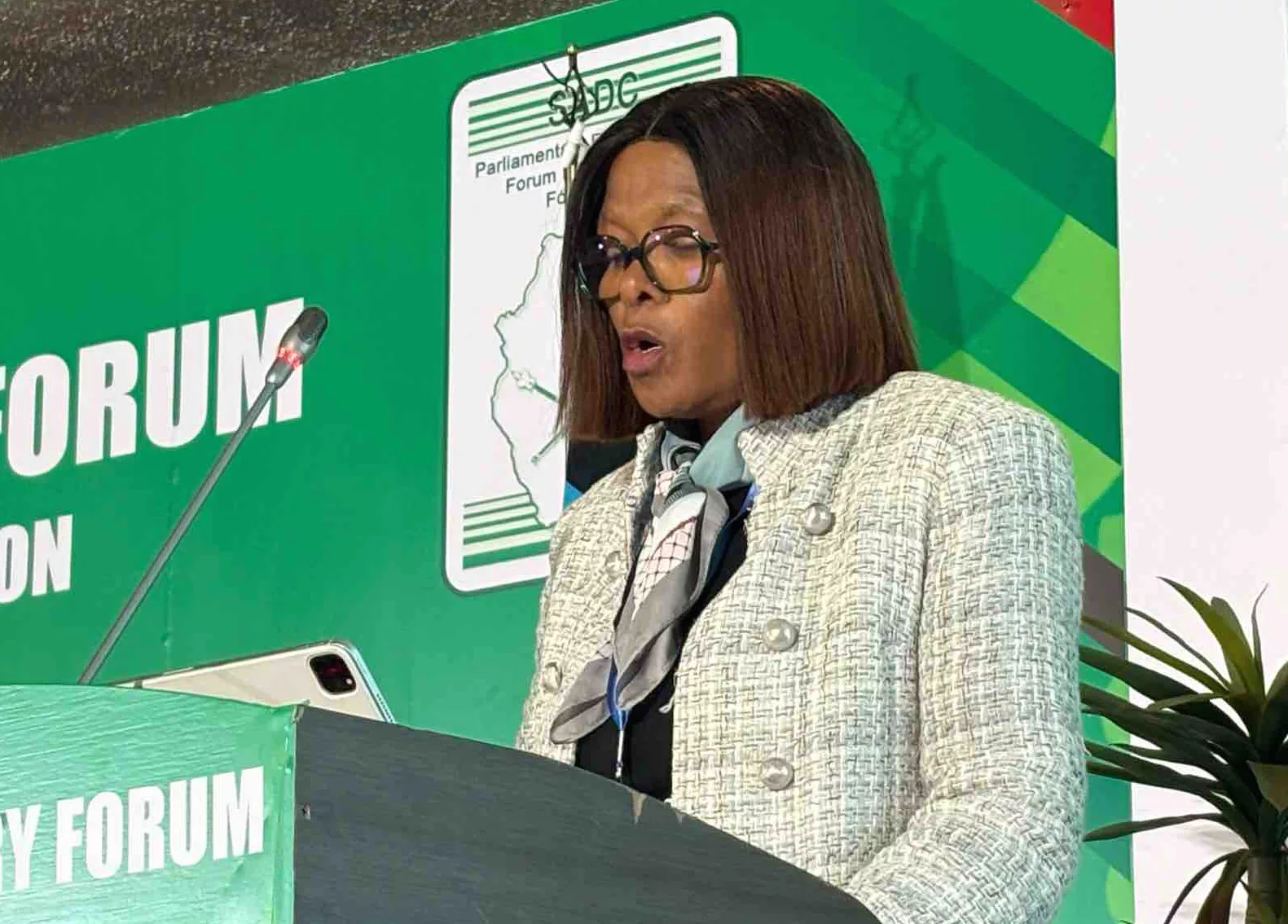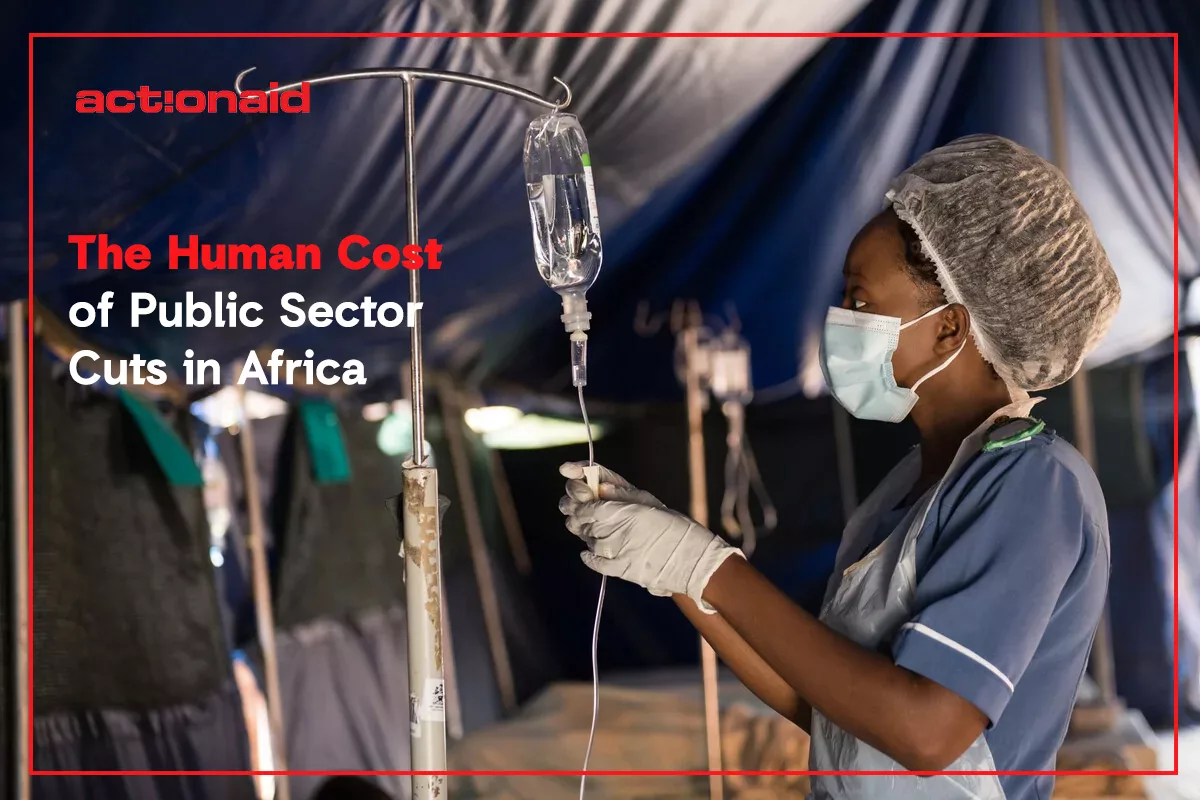|
Getting your Trinity Audio player ready...
|
Dr. Patrice Talla Takoukam, the Sub Regional Coordinator for Southern Africa and FAO Representative for Zimbabwe and Eswatini said his organisation, in partnership with the Government of Zimbabwe, is implementing Voluntary Guidelines meant to improve governance of tenure of land, fisheries, and forests.
He made the remarks during the National Comprehensive and Gender-Sensitive Land Policy Framework review meetings in Bulawayo yesterday.
FAO is supporting the Government of Zimbabwe to develop a National Comprehensive and Gender-Sensitive Land Policy Framework, through a Technical Cooperation Programme (TCP). The TCP is guided by the Voluntary Guidelines on the Responsible Governance of Tenure of Land, Fisheries and Forests in the Context of National Food Security (VGGT).
These Voluntary Guidelines seek to improve governance of tenure of land, fisheries and forests. They seek to do so for the benefit of all, with an emphasis on vulnerable and marginalized people, with the goals of food security and progressive realization of the right to adequate food, poverty eradication, sustainable livelihoods, social stability, housing security, rural development, environmental protection and sustainable social and economic development.
Dr Takoukam said under this programme, FAO is providing technical assistance in the development of the land policy through its multidisciplinary teams at the national, sub-regional, regional and headquarters levels. The TCP is anticipated to increase awareness and strengthen the human and institutional capacities of key government departments and other relevant stakeholders in tenure governance and policy issues with regard to land and other natural resources.
In addition, the programme seeks to improve governance of tenure of land, and other natural resources contributing to the eradication of hunger and poverty in Zimbabwe. This is in line with FAO’s global strategic narrative to support the transformation to more efficient, inclusive, resilient and sustainable agri-food systems for better production, better nutrition, a better environment, and a better life, leaving no one behind. The land policy framework will contribute to the attainment of the National Development Strategy and is also key to the social and economic transformation of Zimbabwe into an upper-middle-income country by 2030.
“Issues of governance of tenure of land, forests, and natural resources are in general important for FAO. Millions of people depend on access to farmland and rangeland, fisheries and forests for their livelihoods. As such improving governance of tenure of land, forests and fisheries mean increasing Government and citizens’ capacity to understand, administer, secure and transfer legitimate tenure rights. By improving governance of tenure, Governments will provide citizens with secure and equitable access to natural resources, and consequently increase food security, improve livelihoods, strengthen social and economic development and enhance the environment,” Dr. Takoukam added.
This land policy review meeting is a culmination of the work that began in Harare on 13 February 2019, when the Government of Zimbabwe with support from FAO successfully launched the consultative process towards the formulation of a Comprehensive National and Gender-Sensitive Land Policy for Zimbabwe.
To ensure the land policy is relevant to Zimbabwe’s development agenda, the Ministry of Lands, Agriculture, Fisheries, Water and Rural Development from November 2020, undertook comprehensive multi-stakeholder consultations in all ten provinces. The consultative meetings provided opportunities for citizens to speak about the land and property rights challenges they and their communities were experiencing. In addition, written submissions were received from professional bodies and associations of key interest groups.
Views from the multi-stakeholders were taken on board, additional written inputs were also received, which led to the formulation of the draft National Comprehensive and Gender-Sensitive land policy framework that is under review in Bulawayo.
The draft National Comprehensive and Gender Sensitive Land policy framework focused on, among other things,
- Land Rights
- Land Governance
- Land Administration
- Legislative/Regulatory measures.
He reiterated that a land policy formulation process is a participatory process, which involves a wide range of stakeholders, including multi-stakeholder groups.
“It is vital if the resulting policies are to be politically acceptable, technically feasible, pro-poor and capable of being enforced. The culmination of this land policy formulation process will be a national validation summit which we hope to hold in the coming few weeks, leading to the submission of the policy framework document to the Government of Zimbabwe for adoption
“I, therefore, call upon all stakeholders gathered here to have a no-holds-barred discussion on the draft land policy framework, mindful that, a Comprehensive National Land policy will guide work in the country and the Government for a long time, and the process matters just as the final product.”






